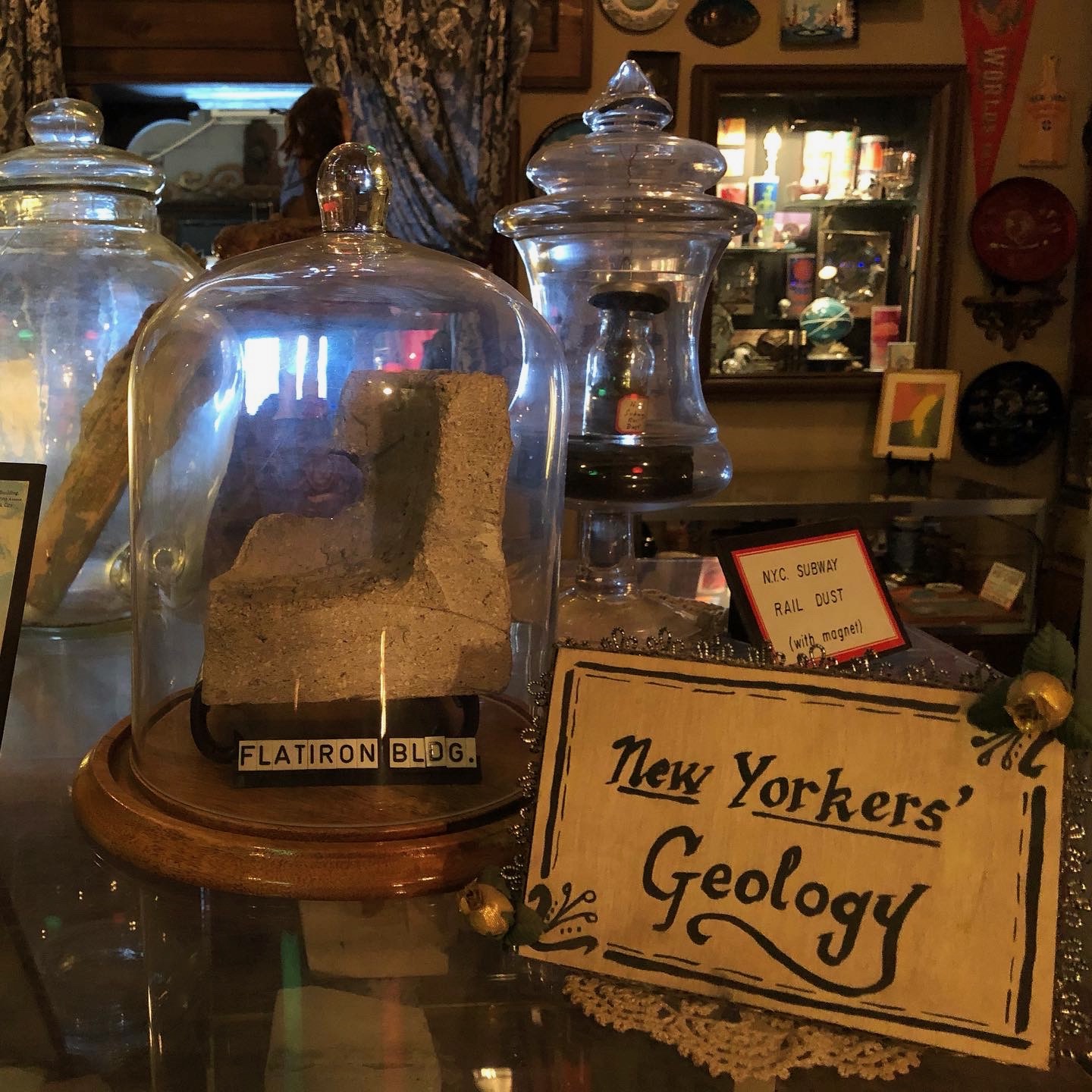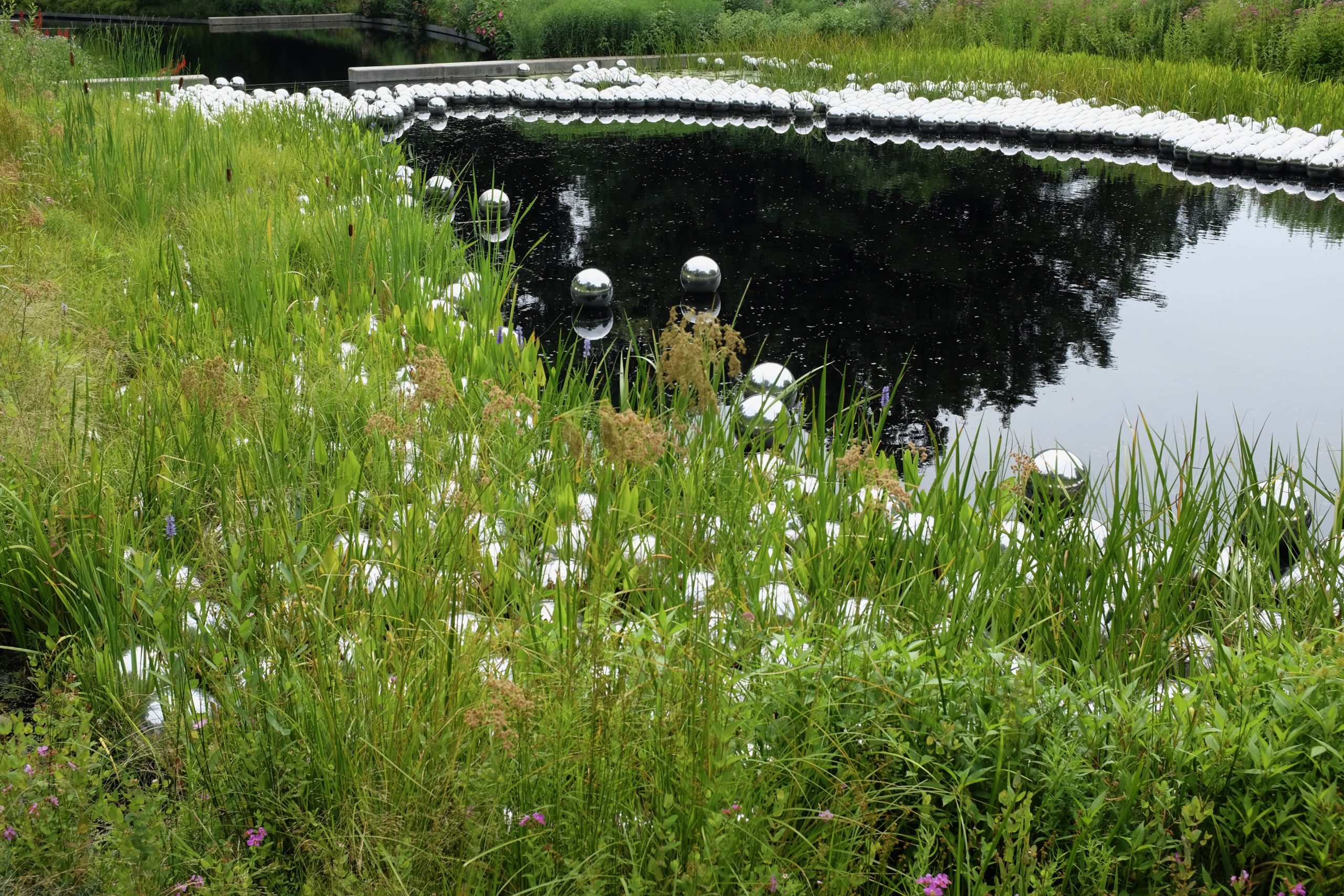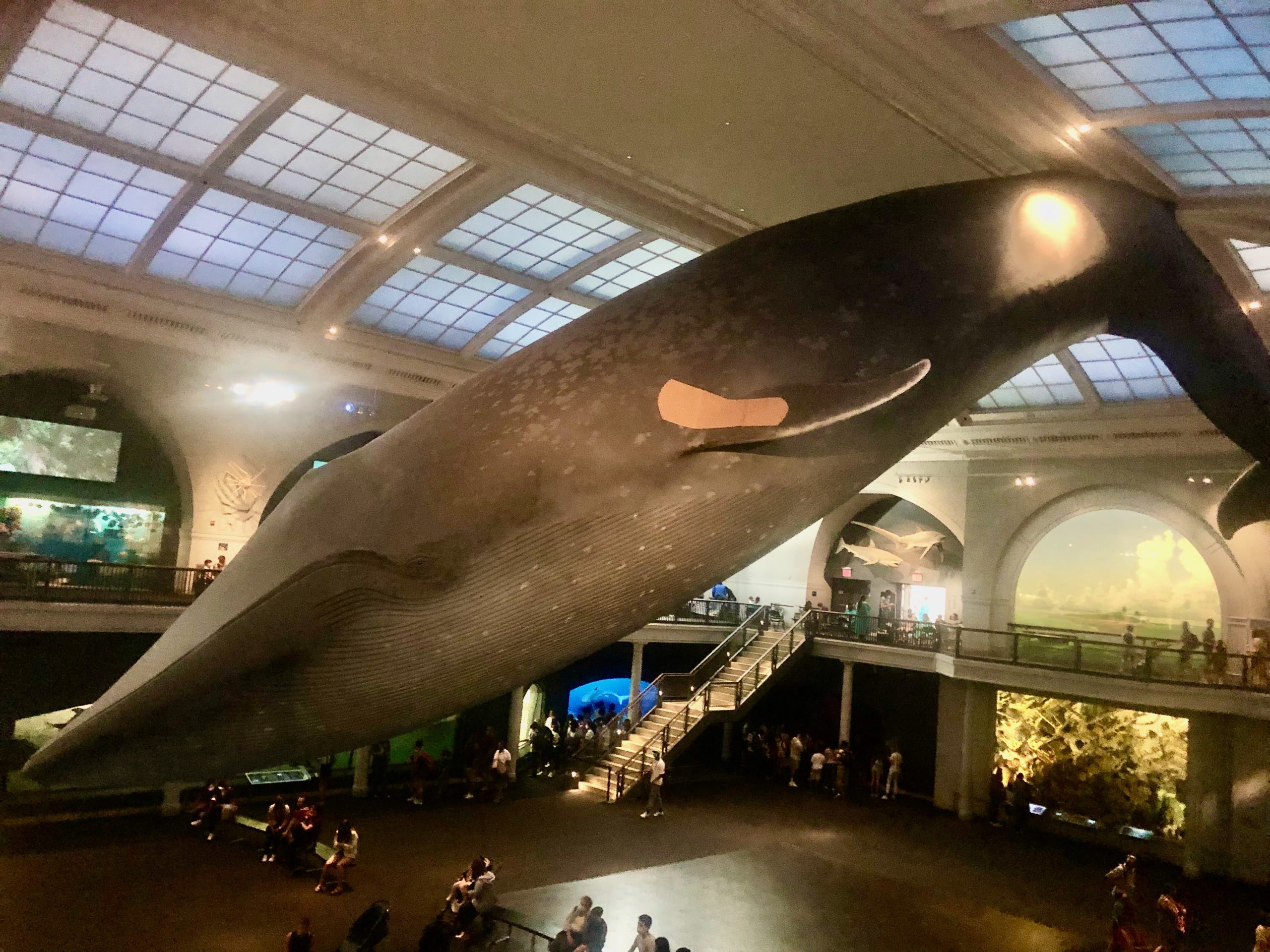Researching the lives of imaginary people
Hello friend,
I recently had some time between jobs, and I spent two weeks of it in New York. I did this because I wanted to, broadly, and specifically because New York had become one of my Quarantine Fixations, the longed for and out of reach. (Other friends fixated on getting better at the guitar, elaborate cooking, and RPGs. Me? New York and writing.) This was, of course, reason enough for a trip.
However, I had another reason to travel: research.

I've never had to do fiction research before. For years and years and years, I almost exclusively wrote things set in make-believe space, or with elaborate systems of magic, or more broadly in other worlds of my own devising. I didn't need to reference a real bar or the tile on an actual subway station. I didn't need to know how people referred to a certain area of the country if they lived inside of it. If I needed a detail or phrase like that, I could make it up. The work wasn't to represent it; it was to create it and then ground it to make it feel real.
Then my brain launched itself into regular fiction late last spring. Suddenly, I was writing stories set in New York (where I'd been many times) and New Jersey (where I'd never, ever, ever been). And while I'm not writing documentary pieces here, I still want to represent real places with some delicacy and accuracy if I'm going to write about them. Otherwise, it makes more sense to just make up a city so I don't have to worry about being tidy or accurate. Alas, if you decide to mix the real world up in your fiction, you've automatically created a debt and an obligation to pay it off with careful handling.
Google can get you pretty far. People post pictures and videos of all kinds of things, like houses of a certain type, drives down specific highways, and unedited tours of places that I'd usually find excruciatingly boring but which I dove into with great interest once I needed details on places I couldn't go to. So long as it's labeled, I can find it, and I can use it add color and texture to whatever I was wondering about that day. I find more blank spots once I get past the initial "what's happening here?" question to "where is this happening?" and "what's it like to stand in that place?" and "what details can I add so this thing doesn't read like a straight-up script?"
Here are some of the questions I needed to answer on this weird little research trip:
- On what street and at what specific address does this character live in the Upper West Side?
- Is it even remotely plausible that such a place would have parking? (No!)
- What are the PATH stations, platforms, and trains like?
- What does it feel like in Hoboken in the summer?
- What waterfront park are these two characters walking in when they have a tense, important conversation?
- Where would someone have secret sex on the Staten Island Ferry?
- What's a reasonable place in Hoboken for someone to have bought a house that contained a former mortuary and now houses a goth bar? Is there such a place, or will I need to play fast and loose with geography?
You know, normal questions. My approach was a mix of seeking specific sensory detail and finding opportunities I couldn't have known about. If you can't follow your beloved to the train platform for a long, feelingsy goodbye, where do you go instead? What happens to intimacy when you have to experience it in public on a narrow sidewalk? When there's not even room to follow them down to the turnstiles and watch them get on their train, because you would be destroyed by reasonably impatient New Yorkers? It adds something - especially if one character loves all that stuff and the other can't stand it.
Before I left and while I traveled, I worked on a list of questions based on my memory of things I'd written (I wrote a lot in this universe between last May and... today) and things I picked up as I wandered around. I work well with a list, as I've discussed, and it was the best way I knew to make sure I gathered everything I needed before I slunk my way back to California.

But I also made time to wander. I spent several hours walking around Hoboken (on my most walkingest day of a very walking trip, over ten miles). I walked the entire length of the waterfront walkway that starts by the train station and ends by a skate park, the sidewalk abruptly giving way to tide-dampened rocks. I roamed around downtown, trailing tourists and locals, seeing who was out and about, what their energy was like, how people existed at tables at patios, who hung around in the public spots and who shied away. Who were the aggressive people in the more aggressive bars? Did the GTL contingent exist visibly this far north? (Yes, but as a pretty small minority that afternoon.) As best as I could figure out in a few hours of walking, what was it like to live there? What's your life like if you always walk an hour home from the train? What might it be like to fit in here, and what would make someone feel like they didn't?
A friend of mine took a trip to southern and central Illinois a few months ago, and he texted me to say he felt like he understood me much better now. And it's true, that's one way to really, deeply understand me: go immerse yourself in what I was born into and then moved away from. What parts of me are reactions to things I saw and opted out of? What in me learned to bristle at things innate to where I started out? All of us have puzzle pieces shaped in response to things that might not be there anymore, and learning what originally fit into those shapes is one way to get to know us better.
So yes, when you go on a research trip, breathe in deeply through your nose and see if the air seems sweet or like it kind of wants to kill you. What do you hear when you lean idly against a park fence and eavesdrop? How do people stand among each other as they wait for the next train? What's the pizza like, what do people drink when they do or don't want to get a buzz, how do people celebrate good news, and what's the consolation on dark days? Engage all the senses, and add texture to your stories, enough to hide the less-detailed parts that even the finest fiction needs.
But I found it's also critical to think of your imaginary friends when you find yourself standing in their worlds. Where do they feel welcomed, and when do they secretly want to run away? What makes them feel alive? Why do they choose to be there, and what makes them reconsider it? We're all the sum of our various gravities, and when I chose to write these stories, I opted into creating all those forces too. When I sat in Bethesda Terrace in Central Park, I was with one character; when I walked down the blocks of houses in Park Slope, I was with another. And I came out of all this knowing them all better. I can't wait to do it again.
Also in "writing things I'd never done before," I was interviewed for a London Writers' Hour patron profile. It made me think about writing and how I use (and, uh, cope with) my imagination in ways I'd never had to, and I'm delighted with how it turned out.
Here are some things I've written or liked.
- How to Vacation during a Pandemic, Week One and Week Two on Deviation Obligatoire, my travel blog. Curious of what a two-week trip to New York City looks like day by day? It's here, with lots of pictures.
- Coming Alive Again in 2012 and 2021 on Deviation Obligatoire, on how dancing made me feel alive again after terrible things in May 2012 and gave me something similar in July 2021
- The Days of Flaming Motorcycles, a great short story by Catherynne M. Valente from 2010 about zombies, family, and ritual
- Old Women in SF—the List, which does what it says on the tin: a list of speculative fiction books with old women either as protagonists or otherwise stealing the show
- Rediscovering the Pleasure of Train Travel Post-Vaccine, a travelogue of the past and present, of moving in the pandemic, and being thrust among strangers once again
- Forever 35, Episode 177: Pep Talks with Jasmine Guillory. I love Jasmine Guillory's books, and it pleases me to no end that we share some geography (which makes her books extra fun for me). In this podcast, she talks about rituals, self-care, and (most critically to me) writing in the pandemic. She's so common sensical and pleasing to listen to. No surprise, since her books feel much the same way.
- WOTown: Jersey-Ish (with special guest Sara Benincasa). So, as I said above, I recently went to New Jersey for the first time, but I've enjoyed its cultural outputs and its natives for years. I listened to this on the day I flew east, and I had to text my stepsister and brother-in-law about an Ontario reference (a joy unto itself), and it's such a wonderful, weird exploration of a certain view into culture and comparisons that it just might get you to send an unlikely but joyful text too.
- The one where no one will read your book (and other truths about publishing), where Elle Griffin does a wonderful, bleak, but buoyant dive into publishing, odds, and her own ambitions. All of it is good, but this part in particular spoke to me: "Because my book doesn’t have to mean everything to everybody, as long as it means something to somebody."
- Beverly Cleary Taught Me How to Share My Divorce Story by Pooja Makhijani, a sweet, interesting, honest look at how reading and writing helped the author own difficult, raw experiences without an easy cultural narrative to press them into
And finally, a sentence I've written recently that I liked: "They think we’re disgusting as a baseline, all pores and congealing sweat, viscous stuff coming from us if we’re sick or hungry or turned on, and that’s before we end up in all these unsuitable environments our sensitive little meatsacks react so badly to."
 When I was in New York, I made a return trip to the American Museum of Natural History. I'd gone once before, more than a decade ago, but was so tired from a red-eye flight that I didn't absorb much. This visit was much better, and I got to say hello to the whale, who also made an appearance in a story I've written. Today, she still wears her vaccination bandage, and a vax clinic is taking place beneath her careful watch. This was the first trip I've ever had where I had multiple conversations with locals who spoke wistfully about their wish to get a bonus vaccination at the whale clinic. I can't say I don't understand.
When I was in New York, I made a return trip to the American Museum of Natural History. I'd gone once before, more than a decade ago, but was so tired from a red-eye flight that I didn't absorb much. This visit was much better, and I got to say hello to the whale, who also made an appearance in a story I've written. Today, she still wears her vaccination bandage, and a vax clinic is taking place beneath her careful watch. This was the first trip I've ever had where I had multiple conversations with locals who spoke wistfully about their wish to get a bonus vaccination at the whale clinic. I can't say I don't understand.